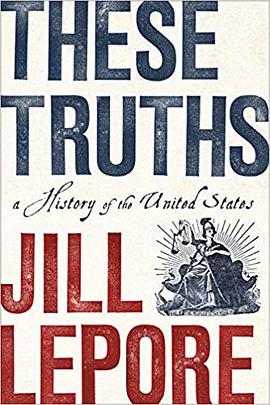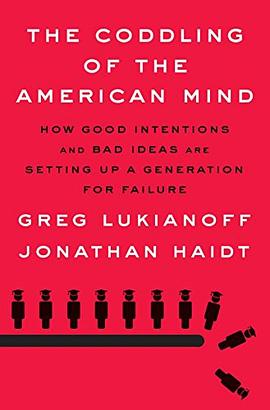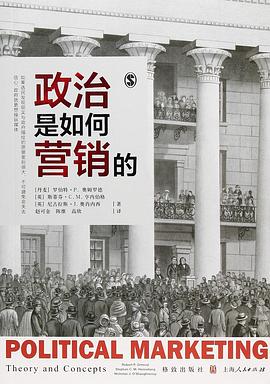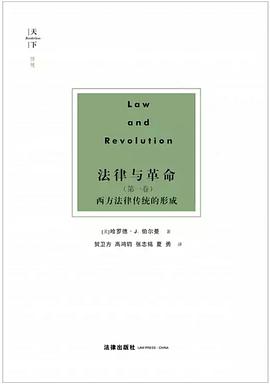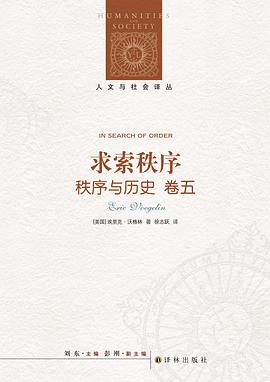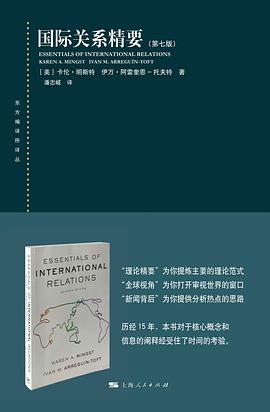
具體描述
Jill Lepore is the David Woods Kemper ’41 Professor of American History at Harvard University and a staff writer at The New Yorker. Her many books include The Secret History of Wonder Woman, a national bestseller, and Book of Ages, a finalist for the National Book Award. She lives in Cambridge, Massachusetts.
In the most ambitious one-volume American history in decades, award-winning historian and New Yorker writer Jill Lepore offers a magisterial account of the origins and rise of a divided nation, an urgently needed reckoning with the beauty and tragedy of American history.
Written in elegiac prose, Lepore’s groundbreaking investigation places truth itself—a devotion to facts, proof, and evidence—at the center of the nation’s history. The American experiment rests on three ideas—"these truths," Jefferson called them—political equality, natural rights, and the sovereignty of the people. And it rests, too, on a fearless dedication to inquiry, Lepore argues, because self-government depends on it. But has the nation, and democracy itself, delivered on that promise?
These Truths tells this uniquely American story, beginning in 1492, asking whether the course of events over more than five centuries has proven the nation’s truths, or belied them. To answer that question, Lepore traces the intertwined histories of American politics, law, journalism, and technology, from the colonial town meeting to the nineteenth-century party machine, from talk radio to twenty-first-century Internet polls, from Magna Carta to the Patriot Act, from the printing press to Facebook News.
Along the way, Lepore’s sovereign chronicle is filled with arresting sketches of both well-known and lesser-known Americans, from a parade of presidents and a rogues’ gallery of political mischief makers to the intrepid leaders of protest movements, including Frederick Douglass, the famed abolitionist orator; William Jennings Bryan, the three-time presidential candidate and ultimately tragic populist; Pauli Murray, the visionary civil rights strategist; and Phyllis Schlafly, the uncredited architect of modern conservatism.
Americans are descended from slaves and slave owners, from conquerors and the conquered, from immigrants and from people who have fought to end immigration. "A nation born in contradiction will fight forever over the meaning of its history," Lepore writes, but engaging in that struggle by studying the past is part of the work of citizenship. "The past is an inheritance, a gift and a burden," These Truths observes. "It can’t be shirked. There’s nothing for it but to get to know it."
用戶評價
##Beautifully written in an equanimous way. In times of turmoil, reading history lends a form of self-salvation. You can trace the roots of social forces, marveled at historical moments, introspect about the vicissitudes of our life, and find comfort in knowing that we are not all alone in our generational struggles.
評分 評分 評分##來到1840年代,現代美國大陸的版圖基本上就缺和墨西哥接壤的西南麵瞭。那時候美國和墨西哥差不多大,美國人一門心思想要這一片西南麵的土地,包括古巴等等(被西班牙怒罵)。首先開始的就是德剋薩斯。 1844年2月28日下午,約翰 泰勒總統帶著他的國務卿和墨西哥駐美大使和若乾名...
評分 評分1925年田納西州代頓市有一場審判,受審者為約翰 斯科普斯,一位生物老師,被控犯有教授進化論的罪行。 這場審判非常有名,隻要是講進化論曆史的,這場審判必定拿齣來作為反麵教材。而那個控方律師威廉 詹姆斯 布萊恩更是被作為典型反麵人物大批特批。 布萊恩在他的一篇名為“達...
評分 評分##觀念和現實的衝突,曆史和技術的關係,這兩個主題很有意思
評分相關圖書
本站所有內容均為互聯網搜尋引擎提供的公開搜索信息,本站不存儲任何數據與內容,任何內容與數據均與本站無關,如有需要請聯繫相關搜索引擎包括但不限於百度,google,bing,sogou 等
© 2025 book.qciss.net All Rights Reserved. 圖書大百科 版權所有

